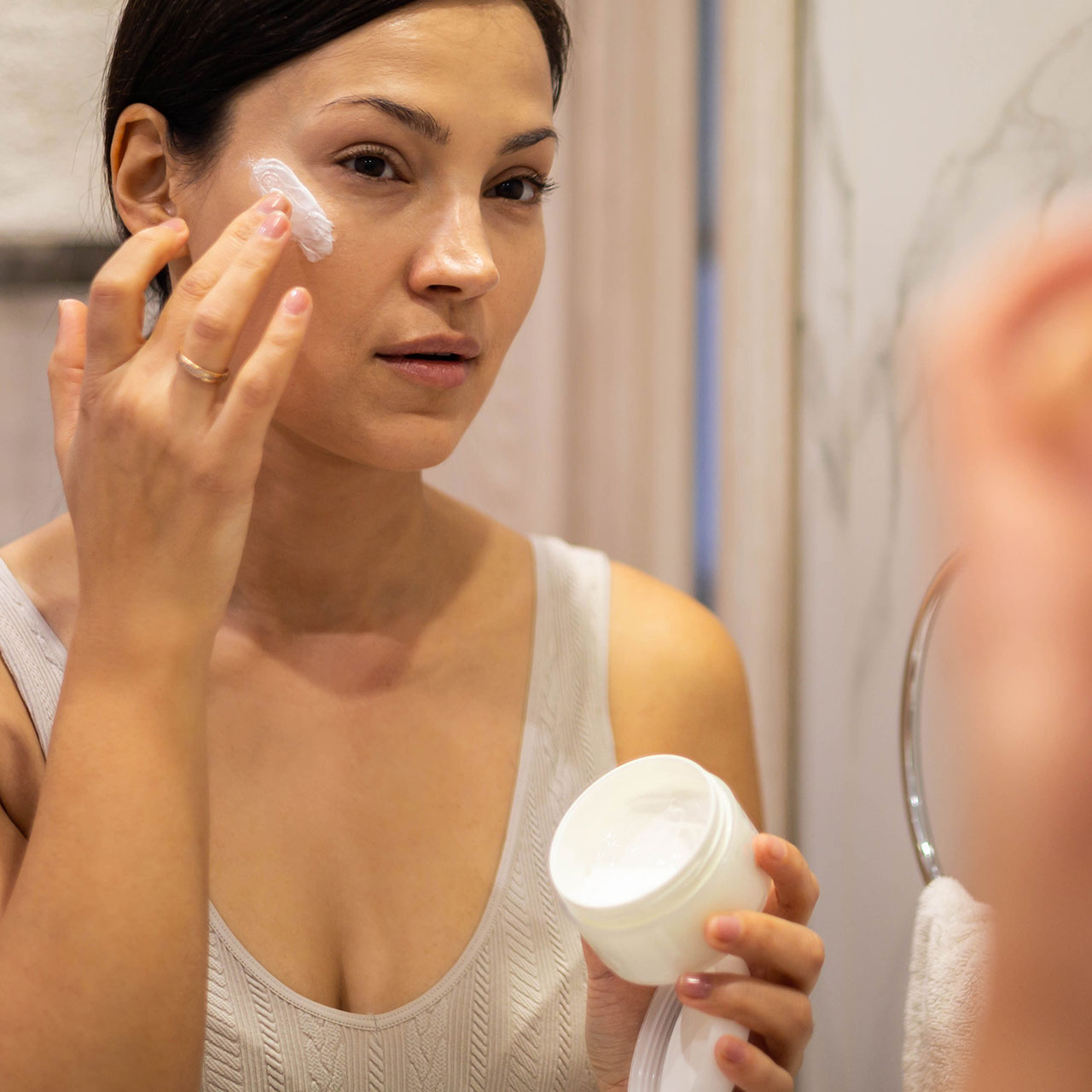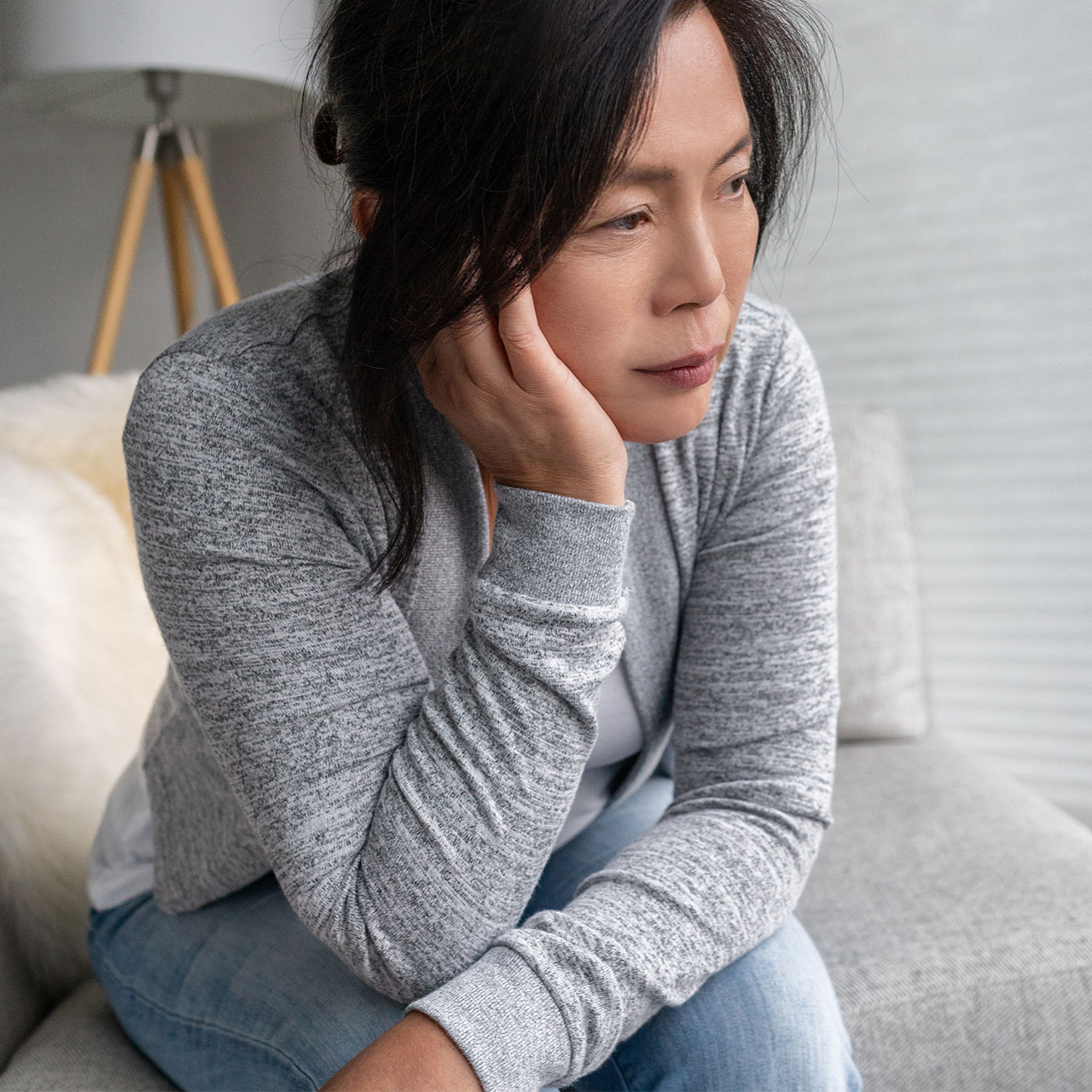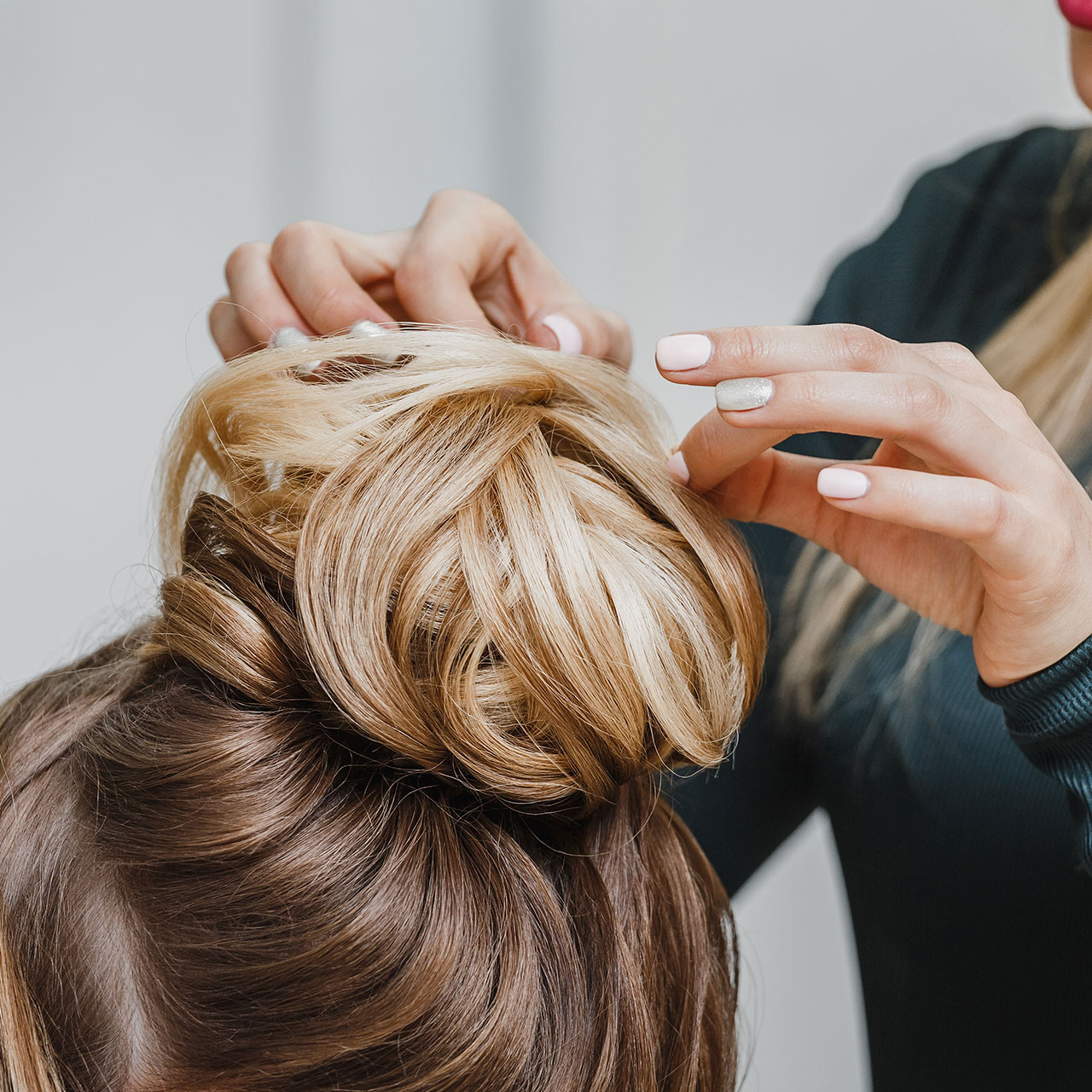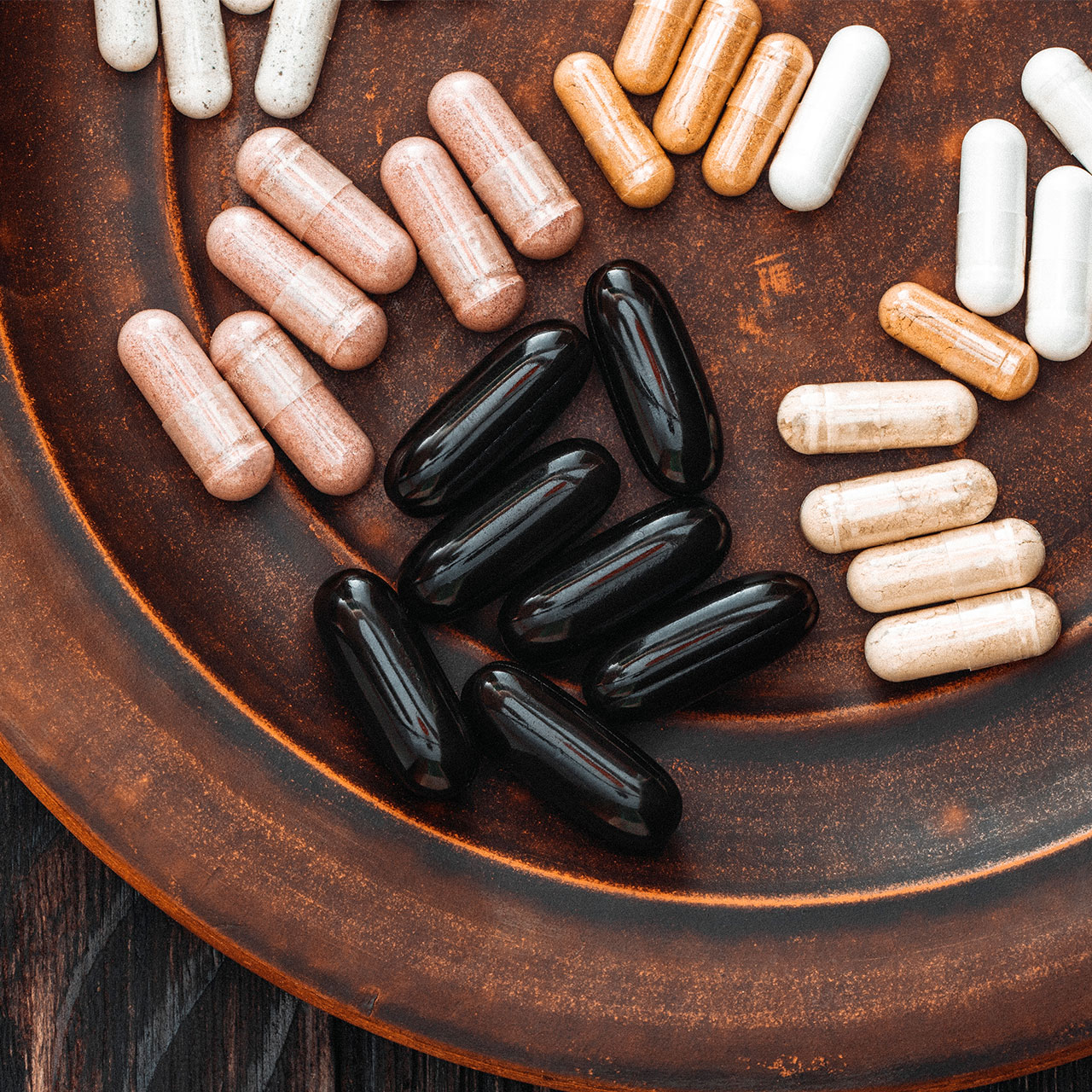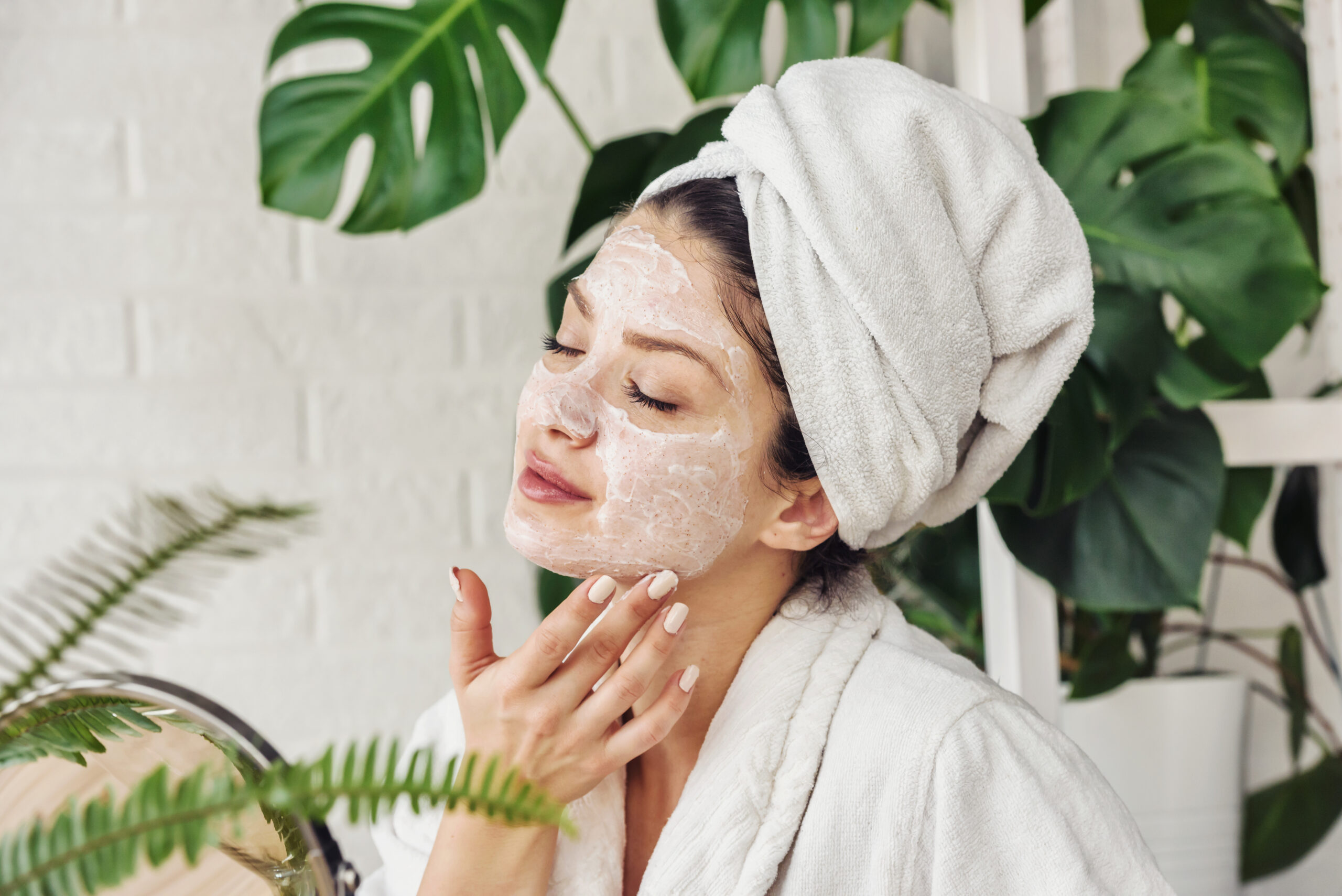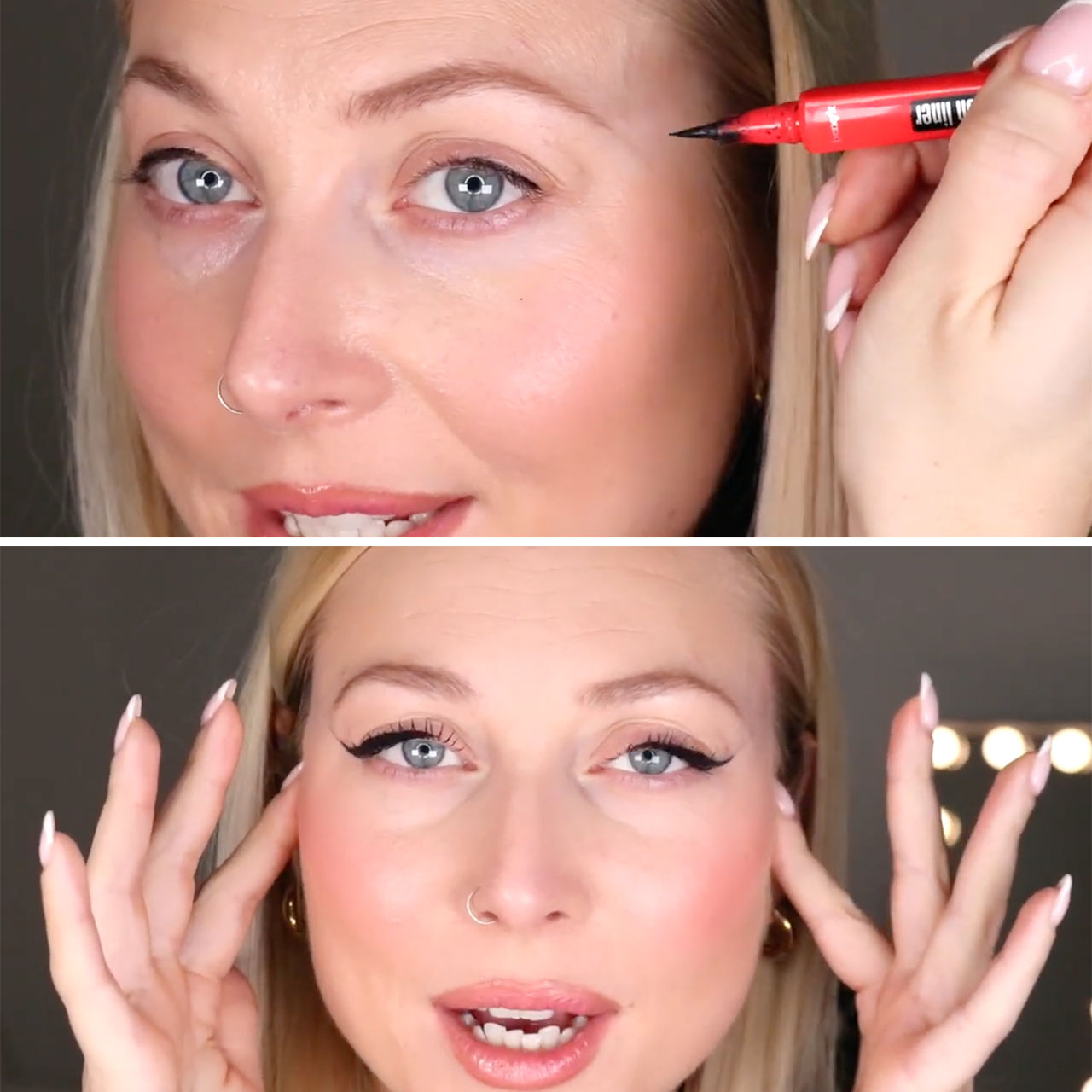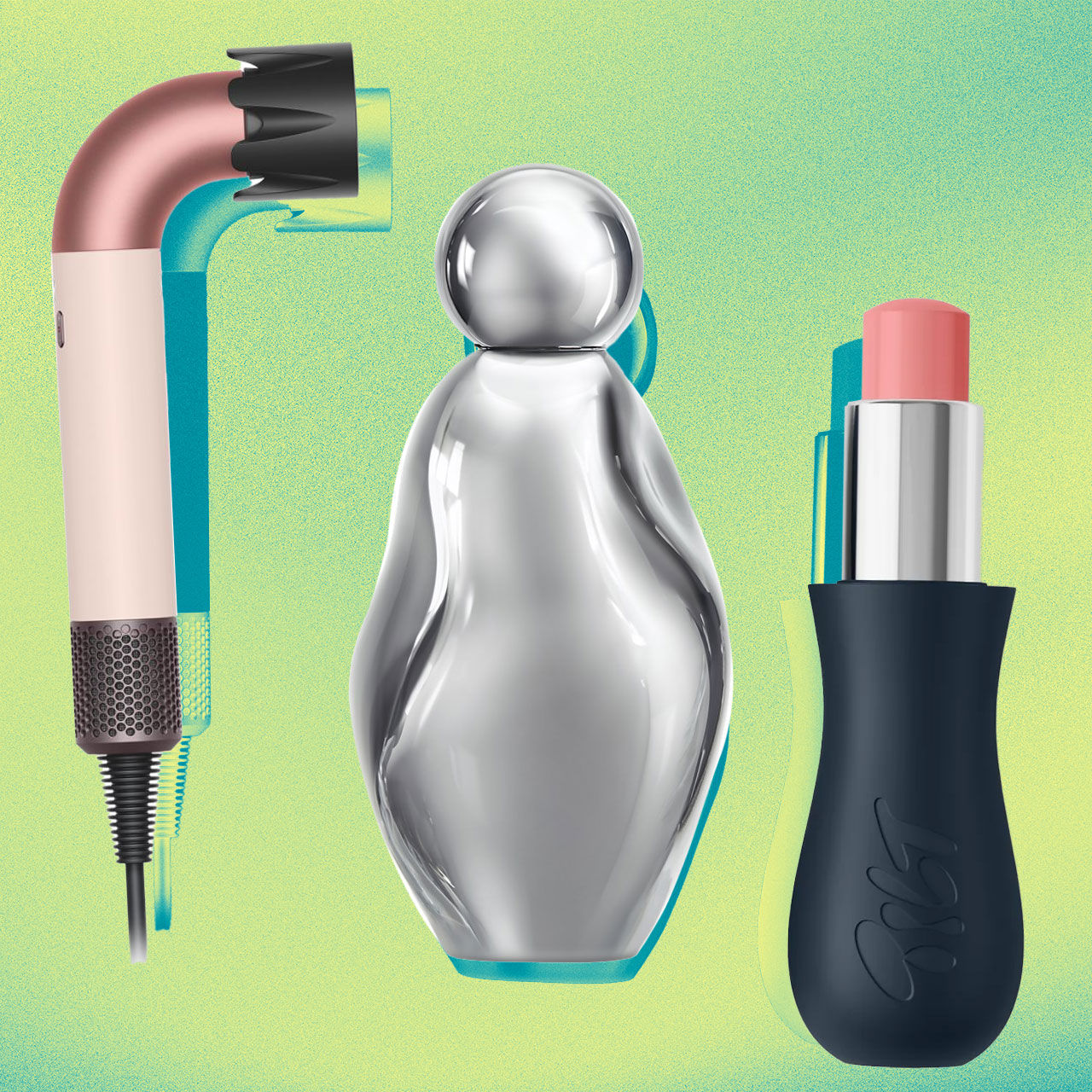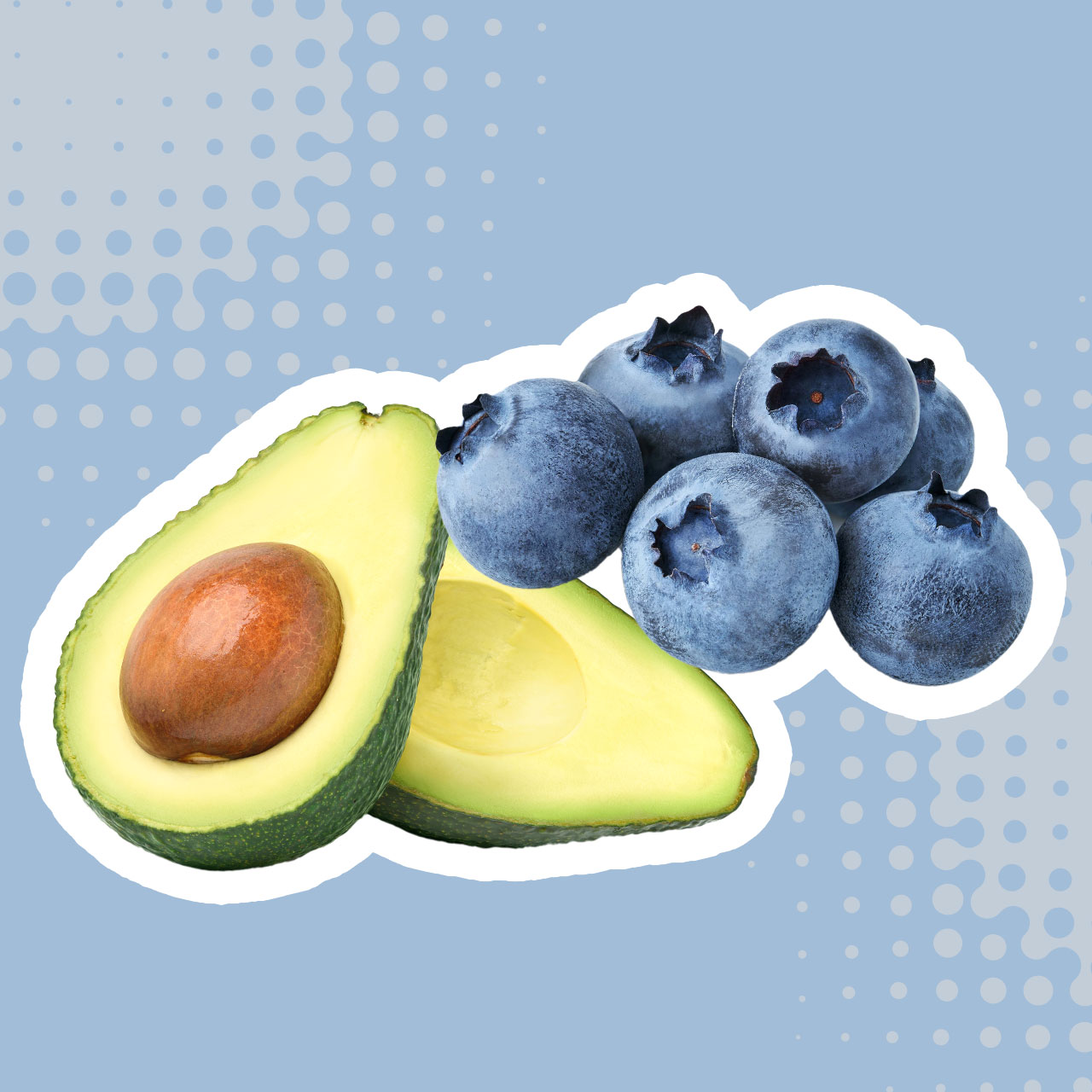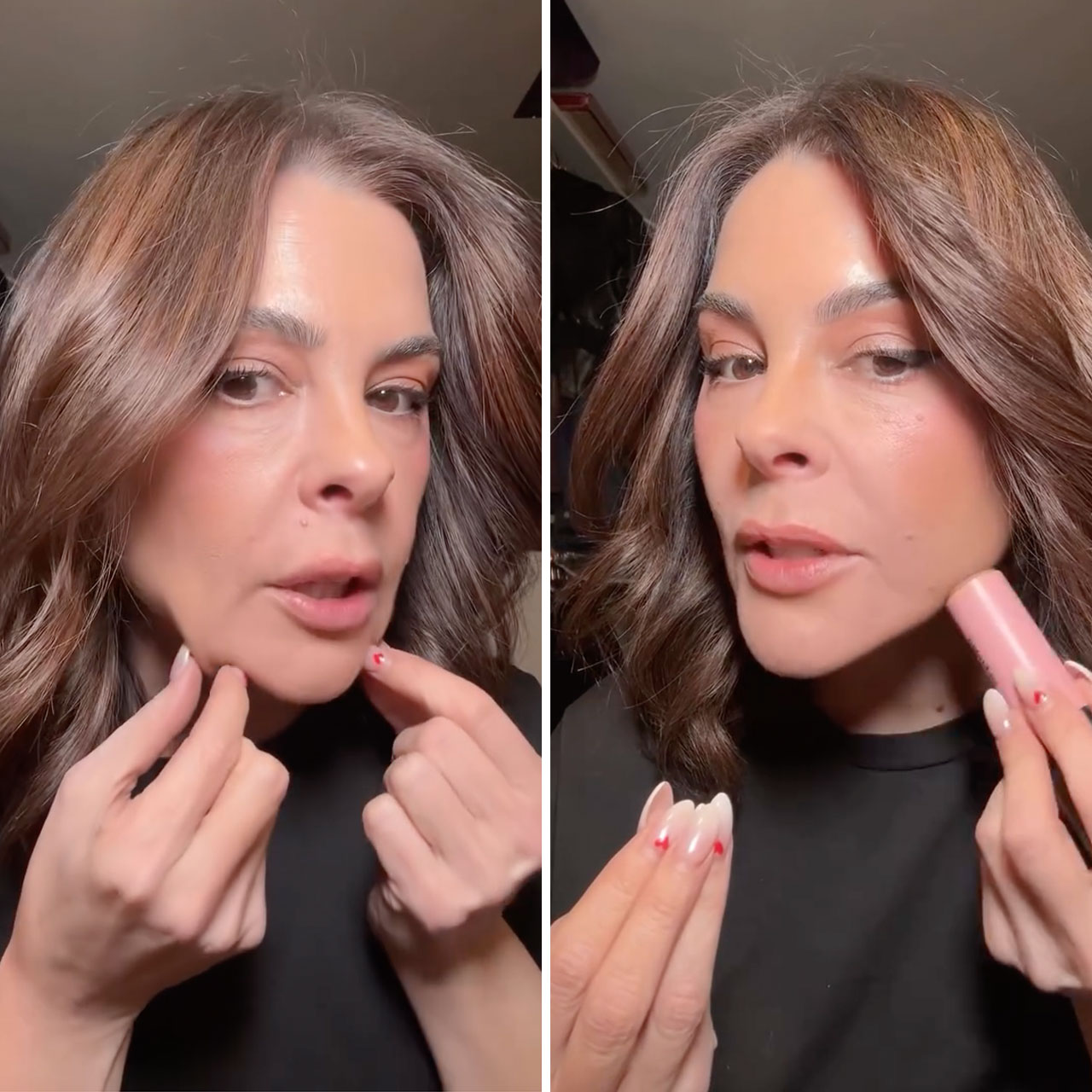There may come a time when you have to minimize your skincare routine, whether your budget no longer allows for every cream under the sun or your skin is reacting to too much product overload. If that happens to you, one great way to figure out what you need and what is nice to have, but not completely necessary, is to play the Desert Island game. If you were stranded on a a desert island and could only take three products for your skin, what would they be?
Discounting cleanser and moisturizer (two basic must-haves), there are three skincare ingredients that many skin experts agree are your most crucial allies if your goal is keep your skin looking youthful and radiant. These ingredients are proven effective in combatting signs of aging like wrinkles, fine lines, sagging skin, and dark spots. Even better: they work on most if not all skin types, though you may need to find a formulation that is right for your skin type (for example: a fragrance-free pick if your skin is sensitive). So, pack your dessert island bag and remember to tote these three winning skincare ingredients along for the ride. Then stick around to find out what, exactly, you should have on hand for your exact skin type (just in case you have room in your bag for more than three items).
Sunscreen
Any list of effective anti-aging ingredients should start and end with this one most important ingredient: SPF. So much of our skin aging concerns are directly related to overexposure of UV light, and wearing a sunscreen with a high enough SPF (30 or above) is one of the only ways to protect ourselves from damaging UVA and UVB rays. “First is sunscreen or SPF, specifically a good mineral sunscreen of at least 30, which acts as a physical barrier to block harmful UV rays from the sun,” agrees Board-Certified cosmetic doctor & skincare expert, Bita Farrell, the CEO and founder of Natural Aesthetics Center (NAC) in California. “SPF protects the skin from oxidative damage, which is a primal cause of aging.”
Vitamin C
Vitamin C is another key ingredient for all skin types. “Vitamin C is a powerful antioxidant which will protect the skin against free radicals and oxidative damage,” Dr. Farrell says. “Vitamin C serum also supports collagen which keeps skin firm. It also helps brighten the skin by fighting against pigment caused by UV rays.”
Remember to only apply a few drops of vitamin C serum in the morning and to follow it up with a moisturizer and sunscreen.
Hyaluronic acid
On days when your skin is so parched and dry that no moisturizer seems to cut it, adding a hyaluronic acid serum to your routine can make a major difference in boosting your skin’s hydration levels and keeping it looking smooth and radiant. “Hyaluronic acid is naturally occurring in the skin,” Dr. Farrell says. “It helps keep skin moisturized, which plumps and tightens the skin and reduces the signs of wrinkles. Hyaluronic acid acts like a sponge and binds water molecules, making it a perfect moisturizer to hydrate the skin for a healthy glow.”

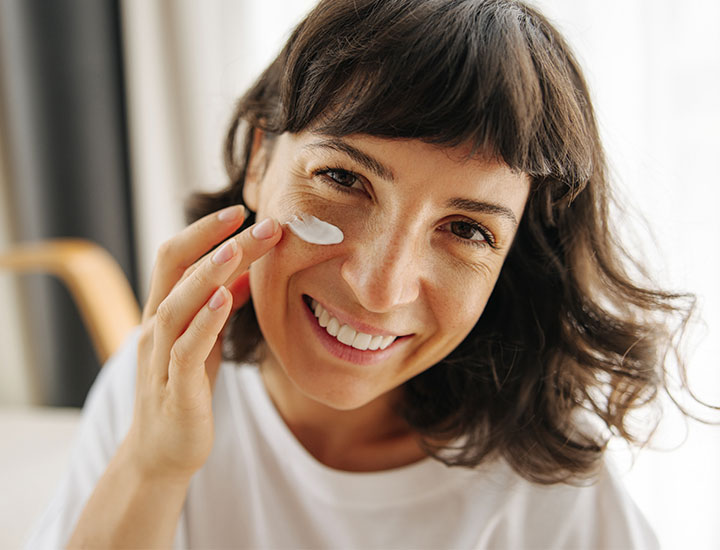
The best skincare ingredients for your skin type
Looking for a more individualized skincare plan? Monina Wright, a professional makeup artist and esthetician based out of the Bay Area, provides this breakdown of the best ingredients to have on hand for each of the three major skin types: dry, oily, and sensitive skin.
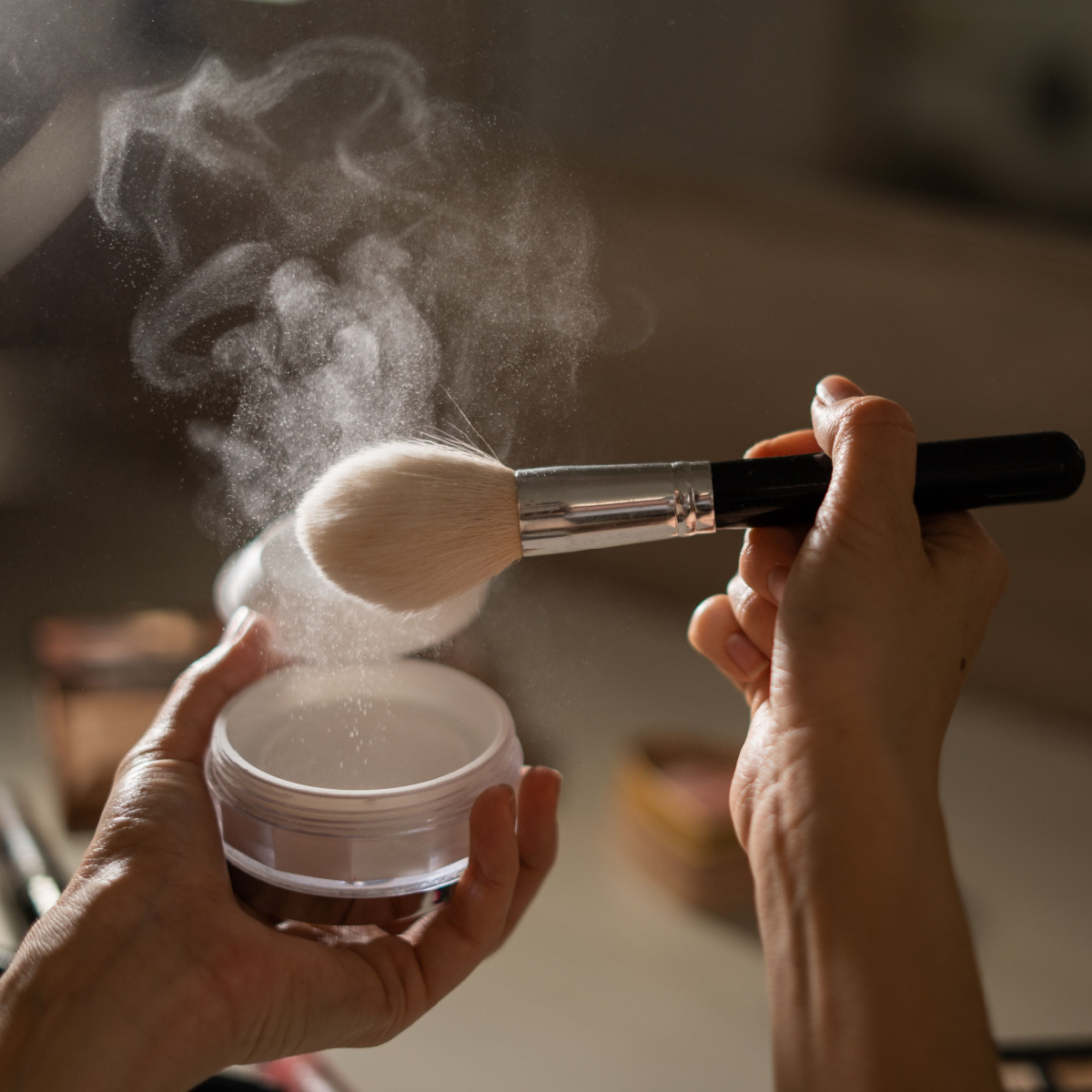
4. Not Prepping Skin Before Foundation
Dry skin tends to have smaller pores (to even no pores) because it has much smaller oil glands, Wright explains. This skin type lacks a proper amount of oil, while dehydrated skin lacks water. She recommends four steps to include in your routine for dry skin to keep it moisturized. Doing so will make your makeup last longer and look less patchy (which can add years to your look).
Firstly, she says to exfoliate dead and dry skin, as this will help your hydrating products penetrate the skin. Next, she recommends applying products that have water binding and attracting ingredients like jojoba oil, hyaluronic acid, ceramides, glycerin, lactic acid, and lanolin.
She also points out that taking collagen supplements that are hydrolyzed when the skin becomes dehydrated cam do wonders for your skin and any makeup applied afterwards. The body will pull from the collagen supply, she notes as collagen is what keeps our skin looking firm and tight.
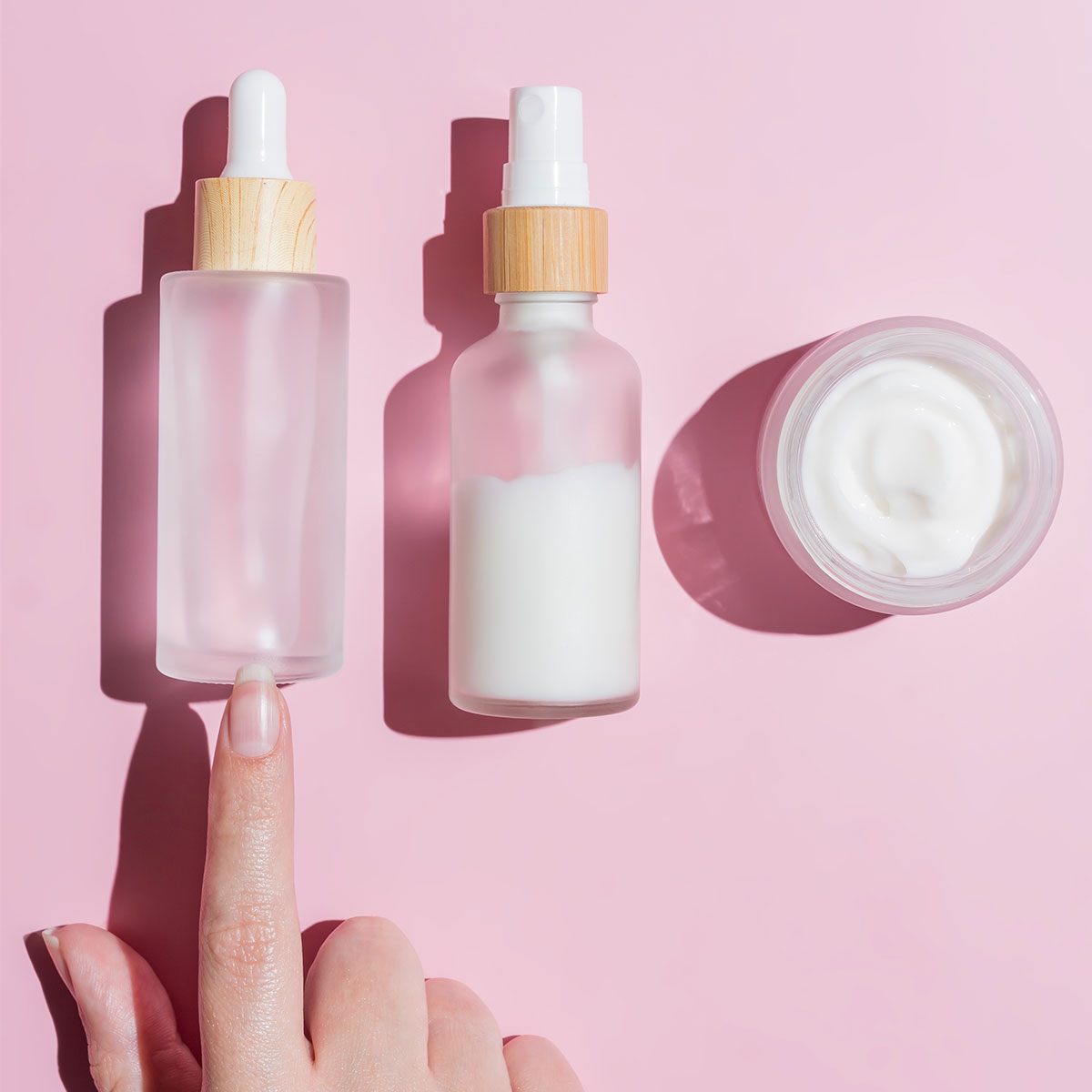
Oily Skin
“Oily skin tends to have medium to large sized pores, so oil production is always high,” Wright says. “Since the pores are larger, the oil glands are larger. This skin type suffers from clogged pores and tends to have acne breakouts. Aging for oily skin does not come in the form of wrinkles, but rather, it tends to sag due to the loss of elasticity in the skin. Here are the four ingredients that will help oily skin maintain a youthful glow:
**Hyaluronic Acid: This is a hydration for the skin.
**Niacinamide: This helps in synthesizing ceramides in the skin for hydration with balancing oil production and has anti-inflammatory benefits.
**Salicylic Acid: This is a great exfoliant for oily skin because it can break through the oil barrier in the skin.
**Retinol: This is known as the 'anti-aging powerhouse,' while helping with acne skin breakouts.
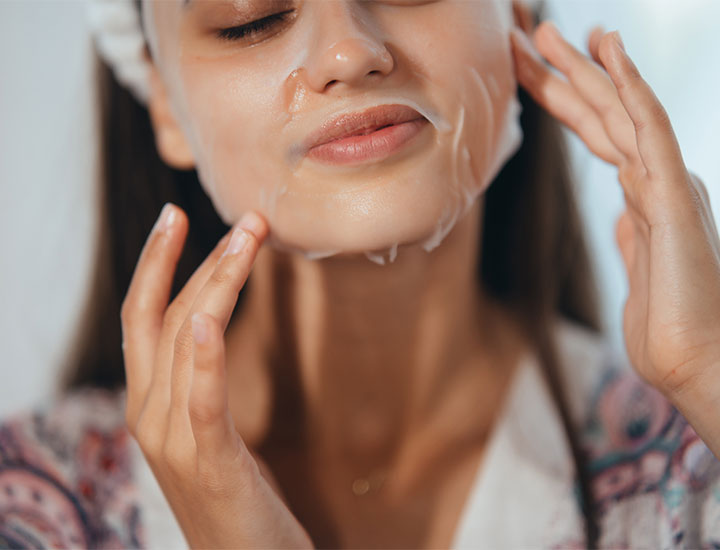
Sensitive Skin
Sensitive skin is more a skin condition rather than a skin type, therefore it can be oily or dry as well, Wright explains. “This condition usually has a compromised skin barrier,” she says. “A damaged skin barrier contributes to different forms of "dermatitis," such as rosacea, psoriasis, and eczema. This is because a compromised skin barrier is not able to protect the skin against bacteria and irritants that cause these types of inflammation, which leads to increased sensitivity on the skin. In order to keep the skin looking youthful, you need to use ingredients that will strengthen and repair the skin's barrier. It is important to implement a skincare routine that has gentle products that are pH balanced (5.0 - 6.0 pH) that will help keep your acid mantle in tact and help to strengthen and repair sensitive skin.”
Wright says these four ingredients are great to incorporate into your routine to keep your natural glow:
**Ceramides: These are the lipids that make up the skin's barrier.
**Humectants: This is similar to hyaluronic acid, which is moisture for the skin.
**Glycerin: This is another type of humectant that will help keep the skin's pH level balanced and aid in the repair process.
**Oils: These will help to lock and moisturize the skin from the inside out. Marula oil is a barrier-friendly oil that is soothing for skin barriers that are currently on the mend.
Your skin type and age do not dictate whether your skin looks healthy. With a few changes in your skincare routine, which may even include paring down the number of ingredients you use, your skin can look its absolute best.








